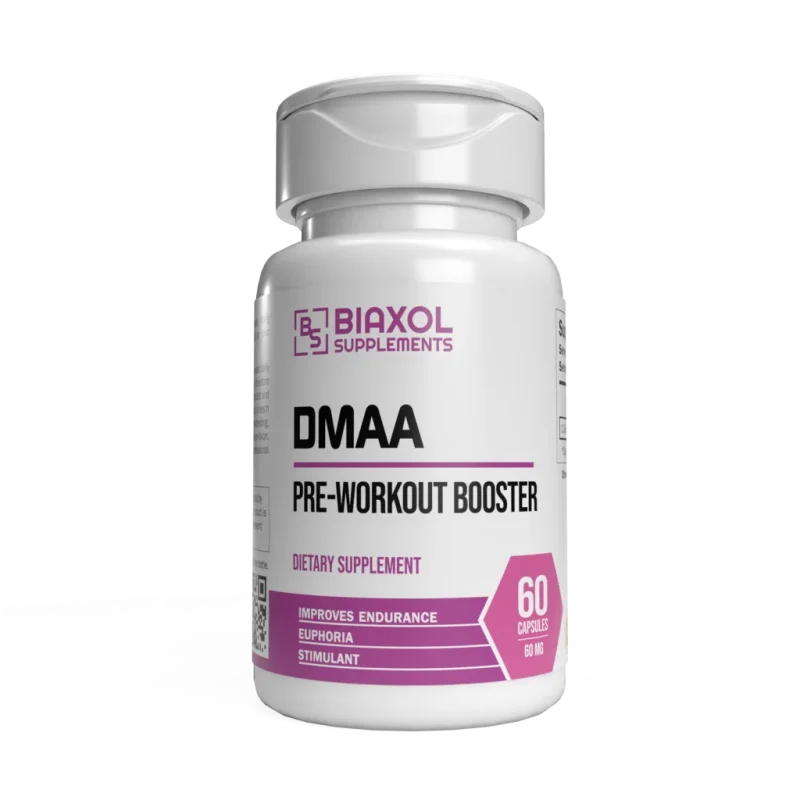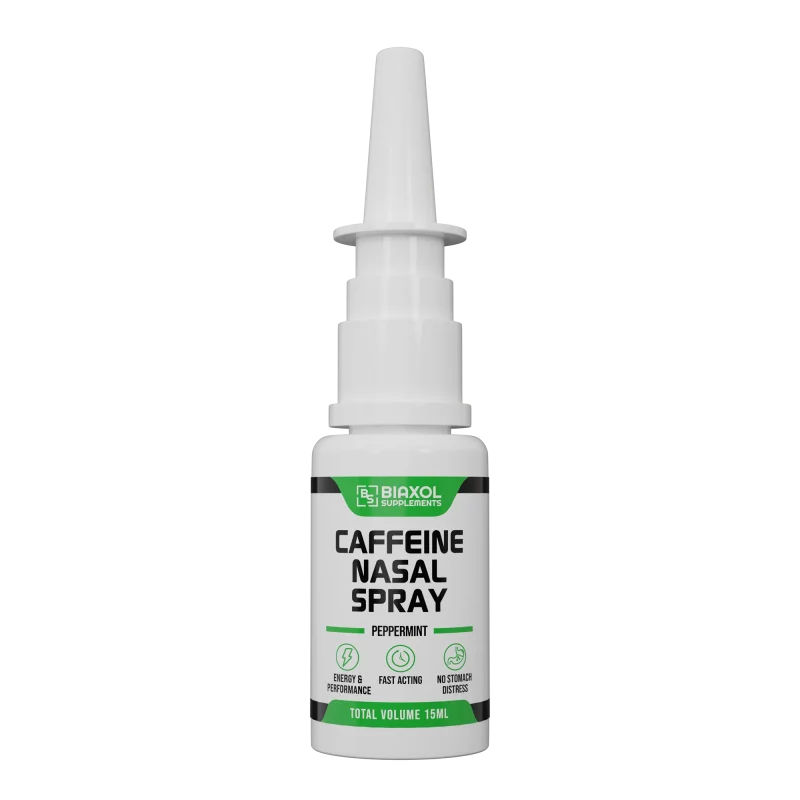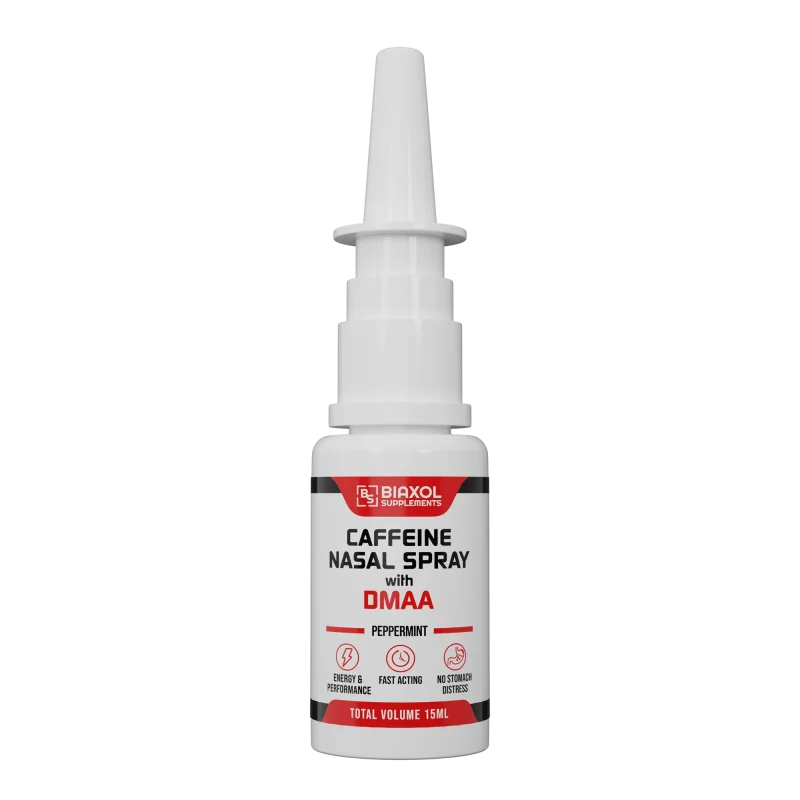Understanding Sports Nutrition –
How Crucial Is It For Performance and Recovery?
Sports nutrition is elemental for optimal performance and recovery. It focuses on giving your body all the right nutrients in correct intervals for building muscle, boosting endurance and reducing fatigue. Whether you’re just getting started or training regularly, a proper diet is crucial for better gains.
What is sports nutrition?
Sports nutrition focuses on how food and supplements affect physical performance and the likelihood of achieving desired fitness outcomes. It covers energy production, muscle recovery, and the impact of hydration and micronutrients. Sports nutrition is not exclusive to the concept of eating well – it's about matching physical effort with food intake. A proper strategy helps maintain strength, energy, and focus without burning out.The most popular sports nutrition supplements
Some supplements have gained mass adoption for supporting weight management, performance, and recovery. Here are the best options for long-distance runners, gym goers, and weekend athletes alike:- Creatine monohydrate is an energy-producing compound that is native to the human body – primarily synthesized in the kidneys, liver, and pancreas. 95% of it is stored in the skeletal muscles, making it immediately dispensable for physical activity.
- BCAAs (leucine, isoleucine, valine) are often used during workouts to help reduce muscle breakdown and improve recovery time.
- Protein powders (casein, whey or plant-based) help meet daily protein needs when diet alone does not suffice – ideal for anyone aiming to get more jacked or maintaining a lean muscle mass.
- Electrolytes are important for hydration, especially for longer cardio sessions or in hot environments where you sweat excessively.
- Fat burners like Night Fat Burner may assist with metabolism support during rest and help with appetite control.
- GLP-1-based products are also emerging in the nutrition space for their role in appetite regulation and energy balance.
- Yohimbine is commonly explored for its potential fat-burning properties, especially during fasted cardio routines.
Supplements for Athletes
Plenty of athletes turn to supplements when food alone can’t keep up with their goals. These products are meant to support whole foods. Used properly, they help fill nutritional gaps, especially during calorie deficits or intense training blocks.- BCAAs are three essential amino acids (leucine, isoleucine, and valine) meaning the body can’t produce them on its own — they must come from food or supplements.
- Leucine: Plays a key role in switching on muscle protein synthesis — the process your body uses to build and repair muscle.
-
- Isoleucine: Helps with muscle energy and may support endurance, especially during long or repeated training sessions.
- Valine: Assists in muscle coordination and repair. It also may help support mental focus during physically demanding tasks.
-
- Creatine, as a supplement, helps generate more ATP for short bursts of effort requiring higher energy output. It does wonders in leveraging power, strength, and training performance, making it a popular choice among fitness enthusiasts. It is one of the most studied and highly recommended performance supplements.
- Collagen is often taken to support joint integrity and connective tissue health, especially for people dealing with high-impact training or age-related wear.
- L-Citrulline is a non-essential amino acid that helps increase nitric oxide levels, improving blood flow and workout endurance.
- ZMA is a blend of magnesium, vitamin B6 and zinc commonly used to support sleep, recovery and hormone balance.
Expert opinion
“Nutrition is essential to your performance during all types of exercise. The foods consumed in your diet are used to provide the body with enough energy to fuel an activity regardless of the intensity of activity. Athletes have different nutritional needs to support the vigorous level they compete and practice at… Vitamins and minerals are essential for energy metabolism, the delivery of oxygen, protection against oxidative damage, and the repair of body structures. When exercise increases, the amount of many vitamins and minerals needed are also increased due to the excess loss in nutrients.”— Jennifer Draper, Marie Kainoa Fialkowski Revilla, & Alan Titchenal on Sports Nutrition (Published on LibreTexts Health)
Questions about sports nutrition
There’s a lot of discussion about what to take, when to take it, and how much supplementation is needed. The simple truth is that it all depends on your goal, program, and recovery ability. Let’s answer the most common questions that people ask in an effort to align their diet with training.How does nutrition influence athletic performance?
Nutrition affects performance at every level — from your energy stores within a training session and post-workout recovery.- Insufficient carbs means you’ll have lower energy
- Low protein bogs down your capacity to recover
- Missing key nutrients makes your performance suffer
Why is nutrition important for sports performance?
The food you consume dictates how well or poorly your body responds to training. With the right intake, you can be stronger, be more resistant to fatigue, and soldier on through more sessions. Good nutrition reduces recovery time, supports mood stability, and helps prevent early onset of fatigue. Without it, things get harder both mentally and physically.Where to buy sports nutrition
When choosing sports supplements, look for products with full label transparency, a clear purpose, and verified lab testing. Avoid those with vague ingredients or exaggerated claims.At Biaxol, our sports nutrition range is built on clean, research-backed formulations developed to support real performance and recovery. Nothing unnecessary, only what works.
Resources:
- "Everything You Need to Know About Sports Nutrition" - Daniel Preiato, RD, CSCS
- "Sports nutrition" - Wikipedia
- "5 Proven Benefits of BCAAs (Branched-Chain Amino Acids)" - Gavin Van De Walle, MS, RD
- "Sports Nutrition" - Jennifer Draper, Marie Kainoa Fialkowski Revilla, & Alan Titchenal, University of Hawai‘i at Mānoa
- "Nutrition for Men" - British Nutrition Foundation


